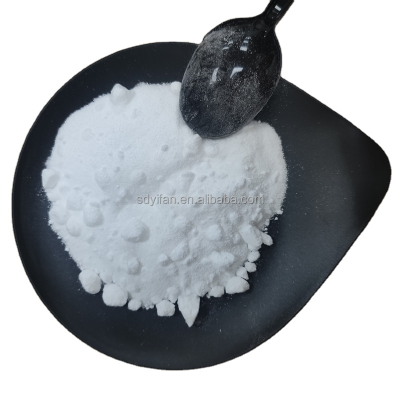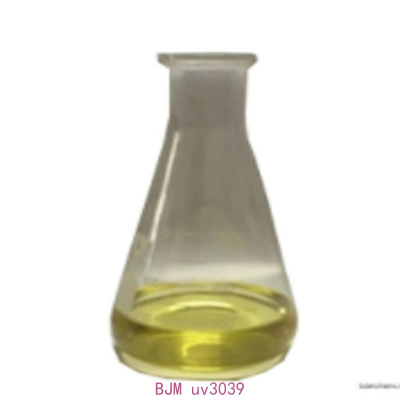-
Categories
-
Pharmaceutical Intermediates
-
Active Pharmaceutical Ingredients
-
Food Additives
- Industrial Coatings
- Agrochemicals
- Dyes and Pigments
- Surfactant
- Flavors and Fragrances
- Chemical Reagents
- Catalyst and Auxiliary
- Natural Products
- Inorganic Chemistry
-
Organic Chemistry
-
Biochemical Engineering
- Analytical Chemistry
- Cosmetic Ingredient
-
Pharmaceutical Intermediates
Promotion
ECHEMI Mall
Wholesale
Weekly Price
Exhibition
News
-
Trade Service
About a third of Europe's synthetic ammonia capacity, which was shut down this summer due to soaring gas prices, resumed production
in October, as gas prices fell.
In this regard, ICIS released a report that the gradual recovery of European fertilizer production will help Europe ease the current fertilizer tension, but many production lines in the petrochemical industry are still closed due to natural gas shortages, and it is unlikely that production will resume quickly, and the time for European fertilizer companies to fully recover production will still wait
.
More than 70 percent of Europe's synthetic ammonia capacity has been shut down
in recent months due to record high natural gas prices.
However, European natural gas spot prices fell by 80% in October, synthetic ammonia production costs fell by 67%, and some companies began to resume production
.
Based on end-October gas prices, the cost of producing synthetic ammonia in Europe is just over $1,000 per tonne and urea production is less than $800 per tonne, both below current market prices
.
At present, the sales price of synthetic ammonia in Europe is 1100~1200 US dollars / ton (cost plus freight, CFR), while urea is 820 US dollars / ton (CFR).
While fertilizer production in Europe is gradually recovering, the overall recovery has been uneven, with ammonia production in Eastern European countries such as Romania, Serbia, Slovakia and Hungary remaining closed
.
ICIS analyzed that the differences in the synthetic ammonia industry in Western and Southeastern Europe are related to
changes in the natural gas trade path.
At present, the first countries in Europe to receive imported natural gas have shifted from southeastern European countries to northwestern European countries
.
Increasing imports of LNG and Norwegian pipeline gas helped ease pressure on higher gas prices in Western Europe in October, but landlocked European countries farther east are still struggling
with relatively high gas prices.
Even in Western Europe, the recovery of ammonia production has been limited
.
German industrial gas demand fell 32% in October from the average of the past six years, and the recovery of industrial production may remain
elusive.
Traders said that 45%~50% of Europe's synthetic ammonia production capacity is still closed
.
Many producers expect greater clarity
on EU measures to contain costs and protect consumers.
Given the uncertainty of natural gas supply, European fertilizer producers remain cautious about the full resumption of ammonia and fertilizer production
.
A European trader said: "Lower gas prices are a comfort for producers, but they don't know how long
gas supplies will be guaranteed.
Therefore, European companies are cautious about resuming fertilizer production
.
”
In addition, the global fertilizer supply chain is also changing drastically, which has a considerable impact
on European fertilizer companies.
In 2021, Russia produced nearly 19% of total global trade in synthetic ammonia and urea, with this share halving
in 2022.
In Europe, traditional imports from Russia and Egypt have been supplemented
by non-traditional imports from Nigeria, the United States and the Gulf region.
In the past few months, even Indonesian and Vietnamese goods have been shipped to Europe
.
In order to solve the problem of fertilizer imports, the European Commission proposed a moratorium on nitrogen fertilizer import tariffs, but it was opposed by domestic producers and the bill is not expected to pass
.
Currently, European fertilizer producers are closely monitoring developments in EU legislative proposals, in particular the possibility of
limiting wholesale and retail prices for natural gas.







